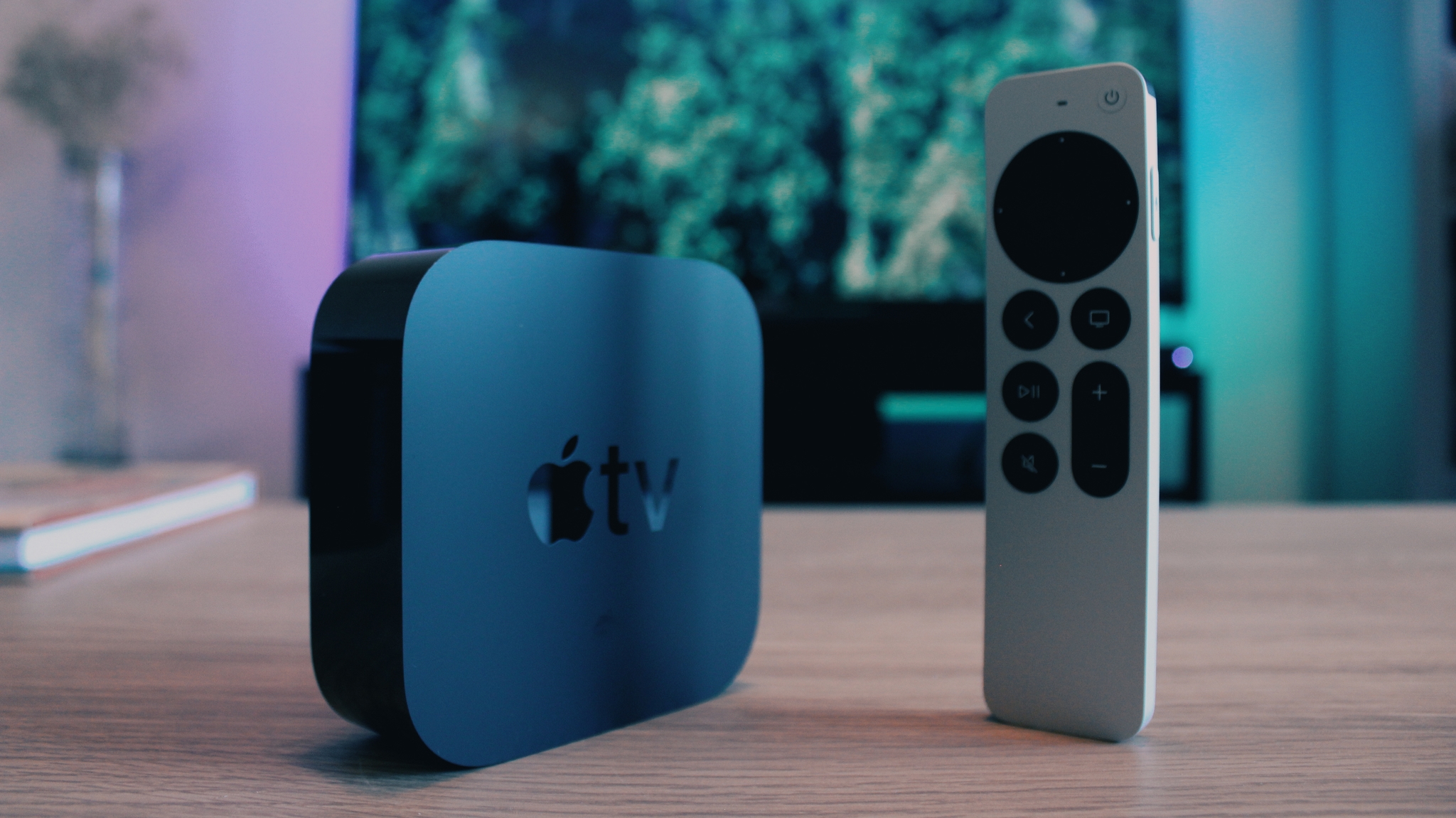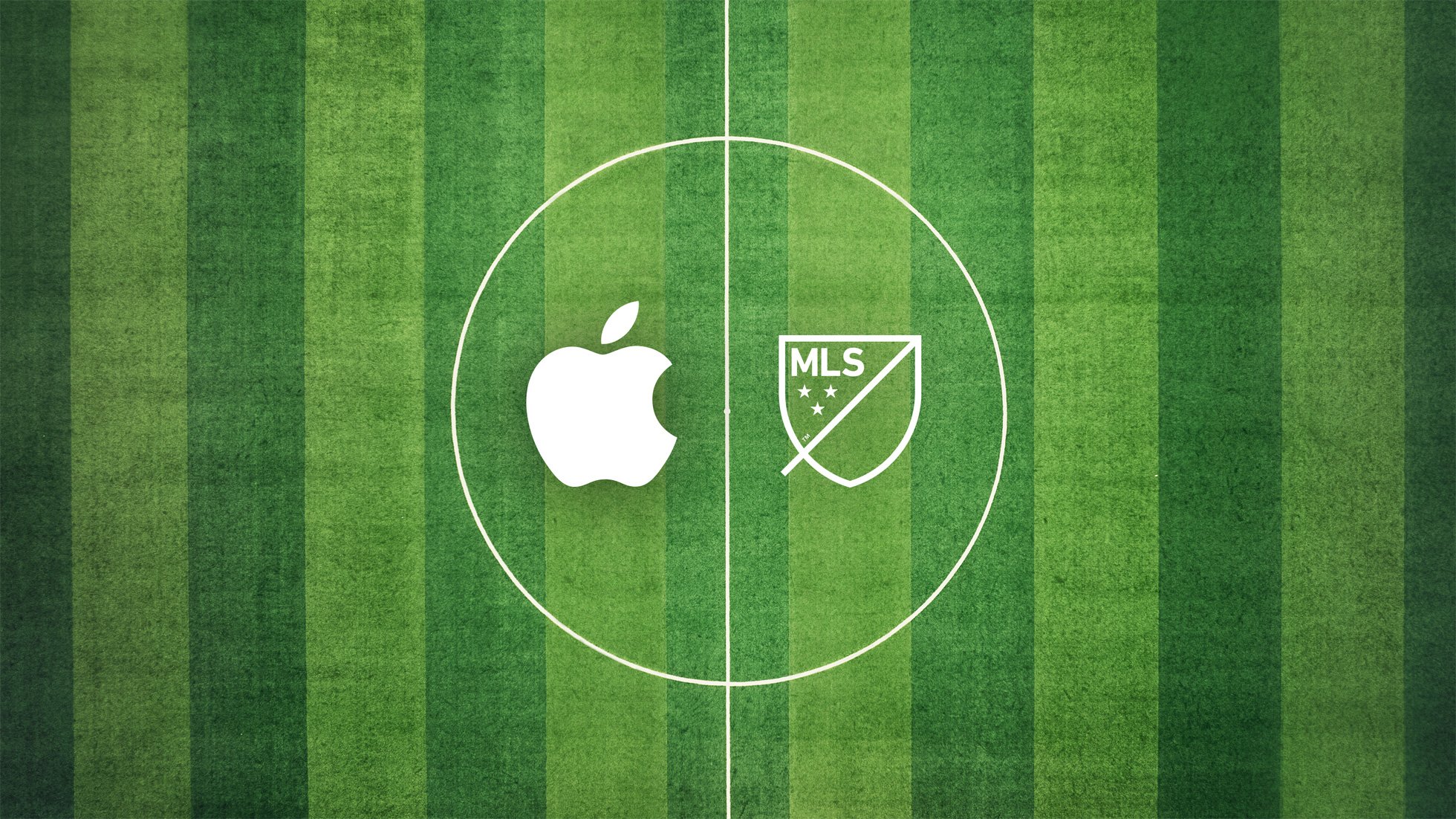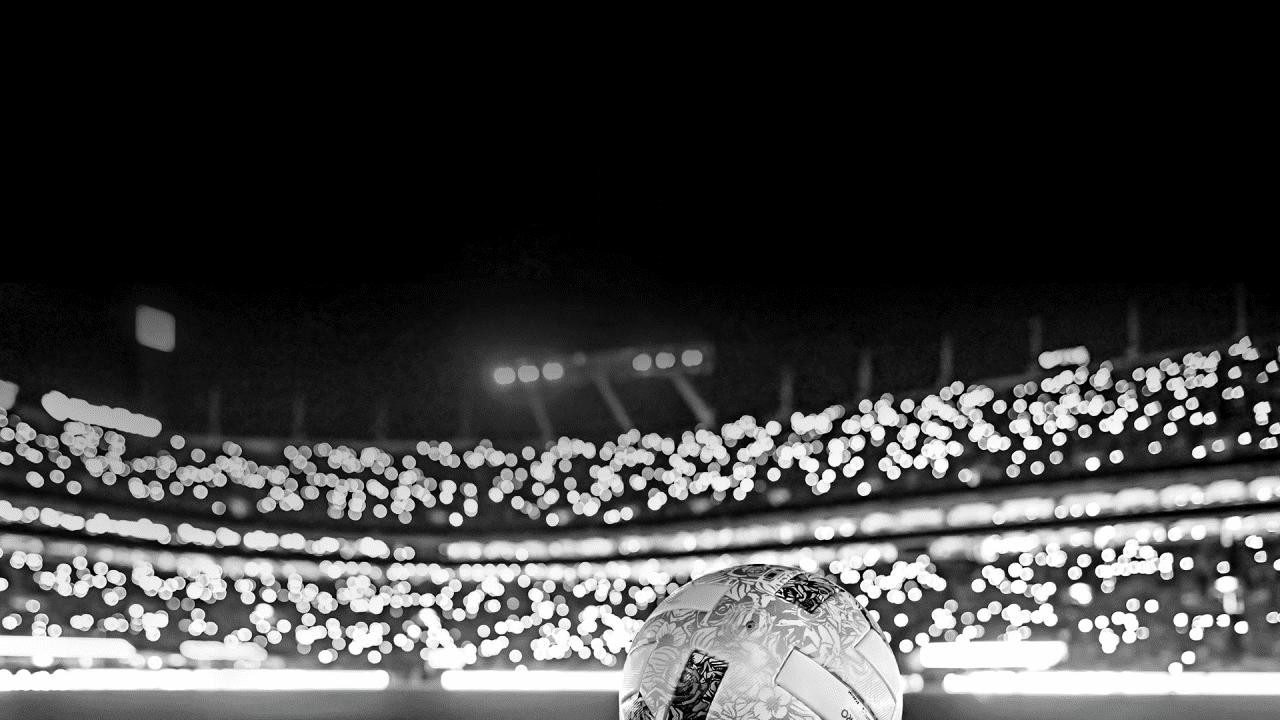Apple's deal with MLS is great for us, but is it a good deal for Apple?


Apple announced today that it has a new deal with Major League Soccer (MLS) that will see every game streamed live via the Apple TV app. And that's pretty great news for people who want to watch MLS content — but it's a deal that gets stranger the more you dive into it.
Let's start with the good parts. Note I'm taking a distinctly worldwide view here. MLS is on one side of the Atlantic, but I live on the other. Both sides have their own oddities in terms of sportsball-watching, let's be honest. Anyway, let's dive in!
Cost and availability
Watching sports has never been as easy as it should be, especially for those unwilling to pay insane amounts of money. Sure, we don't yet know how much Apple's new streaming service will cost — there's another new service coming. Yes, this isn't part of Apple TV+ for reasons nobody seems to know — but I have to imagine it isn't going to be silly money. Don't prove me wrong, Apple!
Even if you do pay through the nose for your sport, whether that's via a streaming service or traditional cable or satellite, you're likely to deal with one of two problems: not every game is available to watch, and you might have to deal with local blackouts. Apple's fixing both of those things with this new service.
Apple and Major League Soccer (MLS) today announced that the Apple TV app will be the exclusive destination to watch every single live MLS match beginning in 2023. This partnership is a historic first for a major professional sports league, and will allow fans around the world to watch all MLS, Leagues Cup, and select MLS NEXT Pro and MLS NEXT matches in one place — without any local broadcast blackouts or the need for a traditional pay TV bundle.
You can't be any more clear than that! I'm in the wrong part of the world to really watch MLS, and I'd much rather Apple turn its attention to the UK and the rest of Europe — give me every Premier League and English Football League game, and I'm in! — but even I have to admit that this is a game-changing deal. It could reverberate around the world of sport. And it will if we're lucky.
Apple's deal might be too radical for its own good
But there's a potential stumbling block.
A new report says the deal will cost Apple $250 million per year and that despite what Apple says, MLS is still working to strike another deal with traditional linear TV companies.
Master your iPhone in minutes
iMore offers spot-on advice and guidance from our team of experts, with decades of Apple device experience to lean on. Learn more with iMore!
That means that a TV outfit like ESPN or FOX could sign a deal that would allow it to show live games on its network at the same time that they are also streaming via the Apple TV app. The report comes via SBJ and says that no matter what, every game will be available via the new streaming service, even those that air on traditional channels.
MLS still is negotiating with linear TV networks, including ESPN and Fox. However, those games would not be exclusive to the broadcasters; they would simulcast with Apple. MLS execs said that Apple is not paying a straight rights fee for the package of rights. Rather, Apple is paying a minimum guarantee that sources say is worth $250M per year starting in '23
The report goes on to say that MLS will continue to top that $250 million annual fee up with a cut of the new subscription-based streaming service.
MLS will start to bring in more revenue as Apple sells subscriptions for a newly launched MLS subscription offering. "What's different here is traditionally media companies pay rights fees, and you sell ads," said MLS Commissioner Don Garber. "This is a partnership. And that partnership's core is a subscription business that we're going to build together, and we're going to get a guarantee against the revenues that will be achieved on the subscription business. Then, we go over those guarantees, we'll have the opportunity to make more money, which is really unique in sports media."
So Apple is paying a ton of money for content that won't be exclusive? Will MLS be doing deals with international TV outfits like Sky Sports, too? How many casual MLS watchers from the UK will pay for a new MLS streaming service if they can watch some games as part of their existing package? I'd wager that the number won't be large as a percentage and Apple is handing over $250 million whether they do or not.
Now I know what you're thinking — companies pay for sports rights and then have to sell subscriptions to customers to make their money back. But those companies typically have exclusivity. If Sky spends a few billion for live Premier League games, you can bet your bottom pound that's the only way to watch it in the country. With this deal, that won't be the case.
So who wins here?

The primary winner has to be MLS, surely. Shortly followed by MLS fans, especially those in the United States who would normally pay someone, somewhere, to watch games.
For MLS, it's a no-brainer. It gets $250 million per year for ten years at least, and that number will rise based on how many subscriptions are sold. And it gets to sell games to TV channels at home and potentially abroad. All of this while opening its brand to people who might otherwise not see it. It's a real shame that Apple couldn't get the MLS deal rolled into Apple TV+, as with Friday Night Baseball, but so be it.
For customers, it's a win as well. There will now be a way to watch every MLS game, no matter where you are or who is playing. Every game week, you can watch — no blackouts, no weirdness. You could argue that the teams might lose out in ticket sales and whatnot, but that's a different conversation for another time.
As I've written these — checks notes — more than 1,000 words about sport on a site where I usually write about iPhones, my stance on the whole thing has changed a few times. When I think about the difference this deal could make for soccer fans, I'm excited. I'm excited about how it could spread beyond MLS, too. But as a deal, I'm generally confused about the whole thing from an Apple perspective. It's almost as if Apple ignored all the problems that stopped everyone else from doing such a deal and had Eddy Cue put pen to paper anyway — money be damned. MLS might turn out to be the best Apple TV deal Apple strikes; who knows? But the structure — the lack of absolute exclusivity — just feels so alien. Maybe that's the point?
I kind of hope that's the case, too. The best Apple is one that does things because they're best for the customer, no matter what. And it's been a while since it felt like the modern Apple also felt that way.

Oliver Haslam has written about Apple and the wider technology business for more than a decade with bylines on How-To Geek, PC Mag, iDownloadBlog, and many more. He has also been published in print for Macworld, including cover stories. At iMore, Oliver is involved in daily news coverage and, not being short of opinions, has been known to 'explain' those thoughts in more detail, too. Having grown up using PCs and spending far too much money on graphics card and flashy RAM, Oliver switched to the Mac with a G5 iMac and hasn't looked back. Since then he's seen the growth of the smartphone world, backed by iPhone, and new product categories come and go. Current expertise includes iOS, macOS, streaming services, and pretty much anything that has a battery or plugs into a wall. Oliver also covers mobile gaming for iMore, with Apple Arcade a particular focus. He's been gaming since the Atari 2600 days and still struggles to comprehend the fact he can play console quality titles on his pocket computer.
